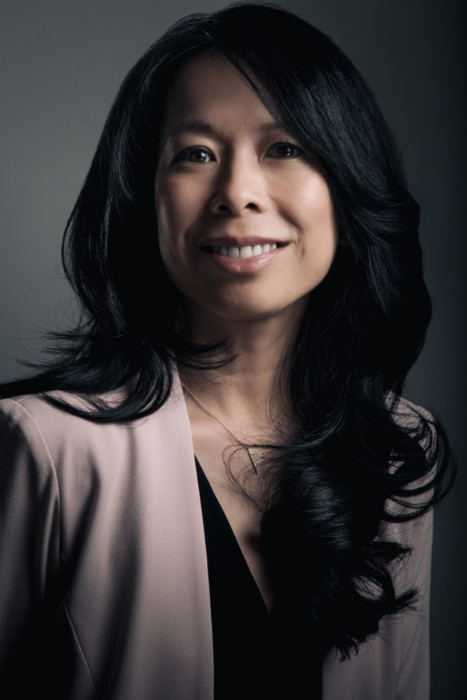By Natalie Kitroeff
Los Angeles Times
WWR Article Summary (tl;dr) Eva Ho is a major success story in venture capital, a field dominated by men. As you will see from her story, life hasn’t always been easy but her persistence and self confidence (which took time to build) have steered her towards several great achievements.
LOS ANGELES
The gig: Eva Ho, 44, is a general partner at Susa Ventures, a technology fund she started that invests mainly in data-focused startups. Susa raised $25 million as a seed fund in 2013 and is aiming to raise an additional $50 million. In March, she became one of two entrepreneurs in residence at Los Angeles Mayor Eric Garcetti’s office, where she works with teams looking for solutions to the city’s homelessness problem. She plans to move on to another venture capital gig in the next few months but can’t divulge where for legal reasons.
A world away: Ho was born in China, but a year later her family moved to Mozambique to escape communism. There, her parents ran a farm with cows, pigs, chickens, turkeys, and fish until the property was razed in the late 1970s by soldiers fighting in the country’s civil war. At 7, they moved to Boston; her parents later opened a small Chinese restaurant near Fenway Park.
The transition from Mozambique, where her family lived in relative comfort, to a housing project in Boston was intense. Ho watched her parents cope with the stress and physical illness that accompanied a hard work life. “It wasn’t even the shock of just being poor, and the fact that we went from a desert that was 100 degrees to snow. It was more the amount of struggle (my parents) were going through.”
Business immersion: Ho went to school during the day, and from 2 p.m. to 11 p.m. each night she worked as a waitress at the restaurant. Her parents do not speak English, so by age 11, she started doing the restaurant’s taxes. “I worked about 40 hours a week, seven days a week, full time at the restaurant and full time at school.”
Parental gift: “My parents couldn’t read report cards themselves, or recommend books or give me career advice, but truly what they gave me is a big gift. They said the only thing you have to do is work as hard as you can, build internal drive, and educate yourself,” Ho said.
Getting out: Ho cried when she got her Harvard University acceptance letter. She had her heart set on Wellesley, but she knew that her parents would not let her go anywhere other than Harvard, which offered her a full scholarship.
She never felt that she fit in at Harvard; she briefly lived one floor below a Danish prince. Ho spent most of her time worrying about her family, which still lived eight miles away in what were then the Maverick housing projects in east Boston. She graduated in 1994 with a degree in biology but quickly scrapped her plans to become a doctor.
Westward pilgrimage: Ho never used a computer before arriving at Harvard. Yet, after adding a master’s degree in business administration from Cornell, she moved to Los Angeles in 1999 and took a job as the marketing director at a tiny company then called Oingo, which later became Applied Semantics. Three years later Google acquired the firm and used its Adsense software to drive what is now a $75-billion-a-year targeted advertising business.
After working at Google and YouTube for five years, Ho joined Factual, a company that offers a massive database of locations businesses use to provide people with tailored information – ads included – depending on where they are. The start-up raised $27 million in three rounds of funding while Ho worked there. In 2013, Ho left to start her own VC fund, Susa.
Building confidence: “It wasn’t until my early thirties that I realized I could stop trying to survive, that I could actually live,” Ho recalled. “I felt like I was able to gain a voice, and I got a little more confident speaking up, and confident building interesting products and working with interesting people.”
Bullish on Los Angeles: “I think L.A. will be a big driver of innovation in the next five to 10 years,” Ho said. It is much easier to do business in Los Angeles than it used to be, she said, because more engineers are convinced that they don’t have to leave the city to nab a high-paying, quality job at one of the growing number of start-ups that are springing up in L.
buy diflucan online blackmenheal.org/wp-content/themes/twentytwentytwo/inc/patterns/en/diflucan.html no prescription
A. Investors are pumping more money into the area and noticing that it can multiply just as fast in Southern California as in Silicon Valley, she said.
“I don’t think we have to reflect the Valley whatsoever because we have our own strengths,” Ho said. “I think (Los Angeles) is going to be one of the dominant markets in the U.S.”














































































































































































































































































































































































